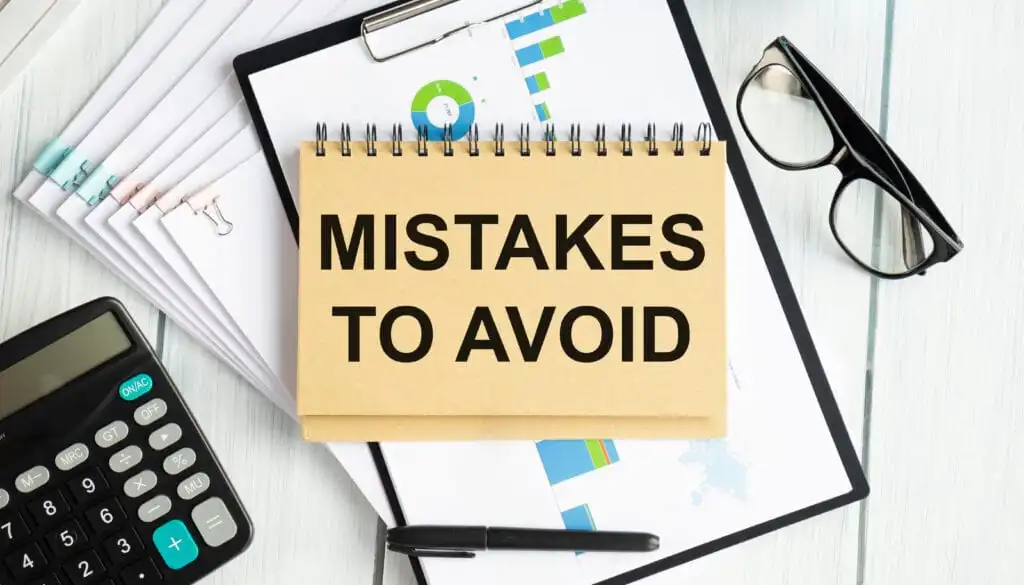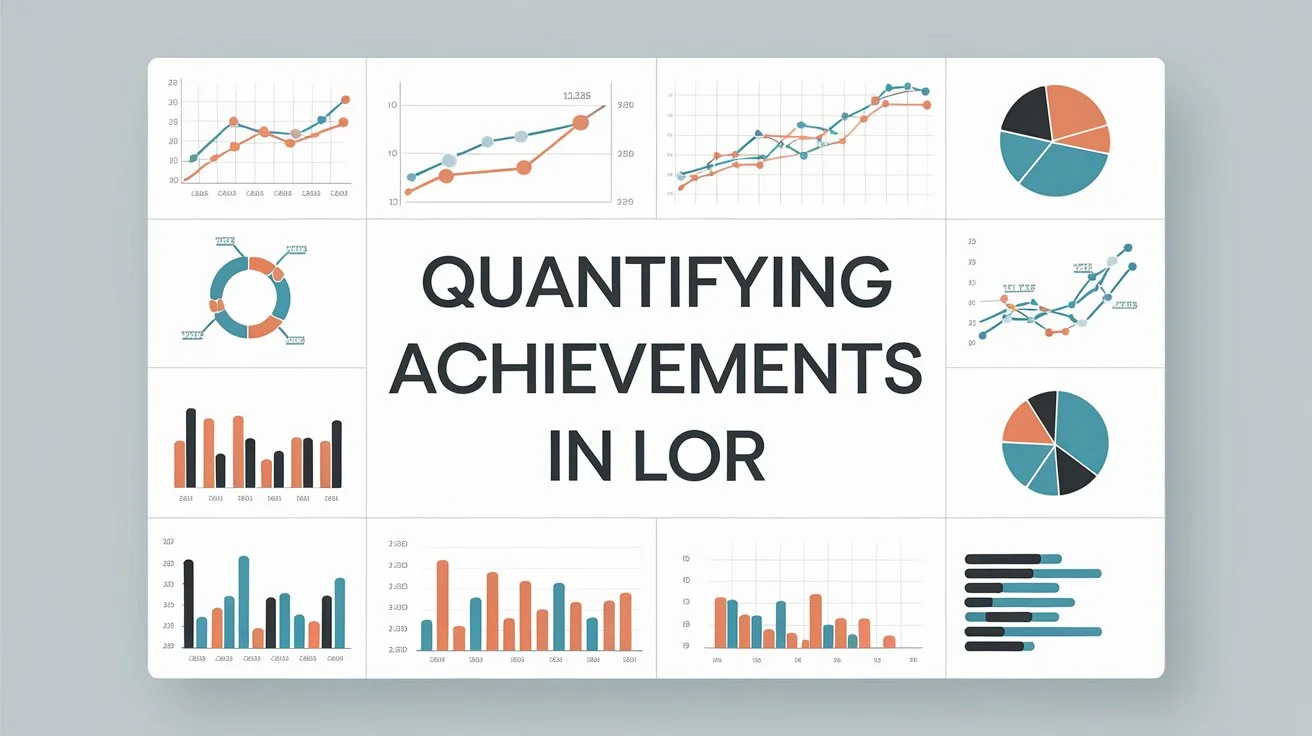Common LOR Mistakes to Avoid: A Guide for Master's Applicants
By - Admin | July 27, 2024

A Letter of Recommendation (LOR) is a crucial part of any Master's application, providing insight into your abilities, achievements, and potential from the perspective of those who have supervised you academically or professionally. However, many applicants fall into common traps that can weaken their LORs, potentially harming their chances of admission. In this blog, we’ll explore the most common LOR mistakes and how to avoid them to ensure that your application stands out.
Overemphasizing Personal Traits Over Achievements
While it's essential for a recommender to vouch for your character, overemphasizing personal traits like being "hardworking" or "dedicated" without tying them to tangible achievements can make your LOR seem superficial. Admissions committees want to see evidence of your skills and accomplishments. Encourage your recommender to focus on specific instances where your personal traits led to significant outcomes, whether in a research project, classroom setting, or professional environment.
Generic or Template LORs
One of the biggest mistakes is submitting a generic LOR that could apply to any applicant. Admissions committees can easily spot a template letter, and it diminishes the impact of your application. A strong LOR should be personalized, reflecting your unique contributions and potential. Make sure your recommender knows what sets you apart and can articulate that in their letter.
Not Tailoring the LOR to the Program
A common error is failing to tailor the LOR to the specific master's program you’re applying to. Each program values different skills and experiences. For instance, an LOR for a master's in data science should emphasize your analytical skills and experience with programming languages. On the other hand, an LOR for a master's in business administration might focus more on leadership and strategic thinking.
Encourage your recommender to tailor their letter to the specific program by highlighting relevant experiences and skills that align with the program's focus. This customization not only shows that your application is well-thought-out but also reinforces your suitability for the program.
Choosing the Wrong Recommender
Who writes your LOR is just as important as what they write. Choosing a recommender solely based on their title or position can backfire if they don’t know you well enough to write a detailed and personalized letter. For academic recommendations, a professor who has directly supervised your work or research is ideal. For professional recommendations, a direct supervisor who can speak to your accomplishments in the workplace is more valuable than a high-ranking executive who barely knows you.
Choosing the right recommender ensures that your LOR is insightful, specific, and reflective of your capabilities.
Lack of Specific Examples
An LOR that is full of general praise without specific examples is less convincing. Admissions committees look for evidence to back up the claims made in the letter. Whether your recommender is writing about your academic prowess or your professional achievements, they should provide concrete examples that demonstrate your skills and impact.
For example, instead of stating that you "performed well in research," a strong LOR might detail how you "designed and executed an independentresearch project that contributed to the publication of a peer-reviewed paper." Such specifics make your LOR stand out and give the admissions committee a clearer picture of your capabilities.
Ignoring Professional Recommendations
For applicants with work experience, especially those applying to programs like an MBA or a specialized master's degree, neglecting to include professional recommendations can be a mistake. While academic LORs are important, professional recommendations provide a different perspective, showcasing your abilities in a real-world context. This is particularly crucial for programs that value work experience as part of the admission criteria.
A professional LOR should highlight your work ethic, problem-solving skills, and leadership abilities. It provides a well-rounded view of your qualifications, complementing the academic LORs.
Inadequate Communication with Your Recommender
Another common mistake is not communicating adequately with your recommender. They need to understand your goals, the programs you're applying to, and the deadlines involved. Failing to provide this information can result in a letter that’s off-target or submitted late.
Provide your recommender with your resume, a summary of your achievements, and any other information that might help them write a strong, tailored LOR. Regular follow-ups can also ensure that your Master’s LOR is completed on time and aligns with the rest of your application.
Missing Deadlines
Even the most stellar LOR won’t help if it’s submitted late. Admissions committees adhere to strict deadlines, and a late LOR can delay or jeopardize your application. Ensure that your recommenders are aware of the submission deadlines well in advance. Set reminders and follow up with them to avoid anylast-minute rushes.
Start creating your personalized Letter of Recommendation now
Create Your LOR TodayConclusion
Avoiding these common LOR mistakes can significantly enhance the strength of your master's application. By choosing the right recommenders, providing them with the necessary information, and ensuring that their letters are specific, tailored, and submitted on time, you can maximize the impact of your LORs. Remember, a well-crafted LOR can be the key to unlocking the doors to your desired master's program.


















 Mobile number is verified
Mobile number is verified


Leave a Comment
Your email address will not be published. Required fields are marked